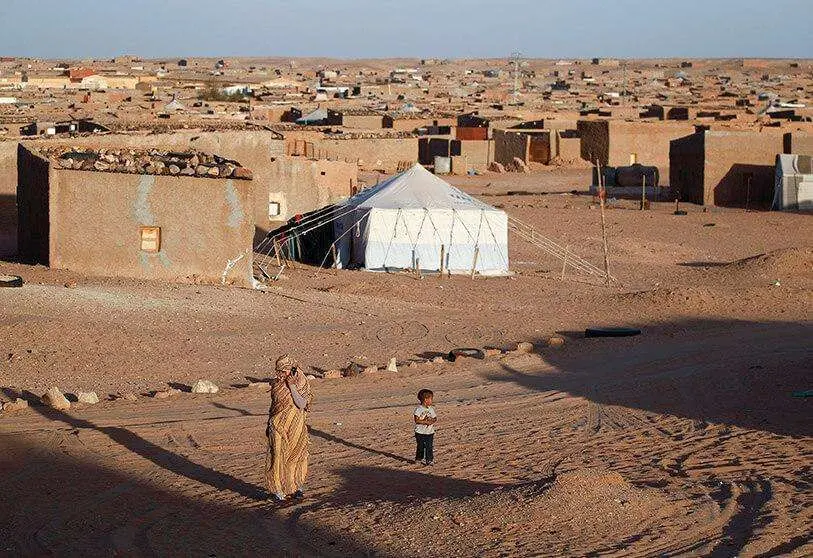Resolution to negotiate

The United Nations Security Council Resolution 2654 renews the mandate of MINURSO, the forces that have been deployed for many years to contribute to a solution to the Sahara conflict. The most relevant aspect of the resolution, adopted with 13 votes in favour and two abstentions, Russia and Kenya, is the indication to the parties involved to sit down at the negotiating table in Geneva to reach a just, lasting and acceptable solution. It makes no mention of the referendum, as in recent resolutions, and clearly supports the efforts of Staffan de Mistura, the UN Secretary General's special envoy, to bring the parties to the negotiating table.
The resolution continues to include Algeria as a party involved, although the Algerian government tries to disengage itself by leaving all responsibility to the Polisario Front as the representative of the Saharawis. The text, which has not been rejected by a historical ally of Algeria and the Polisario such as Russia, goes further than previous ones because it rejects more strongly the use of force in a clear reference to the breaking of the ceasefire and the attacks that the Polisario is trying to carry out against Morocco and the supply of UN troops.
On another point, the resolution demands good control of the distribution of international humanitarian aid and calls for a census of the population living in the Tindouf camps. The references to the diversion of humanitarian aid, interpreted as corruption, and the absence of a census which could condition the volume of this international aid represent a recrimination of the actions of a Polisario Front which in recent weeks has recognised having committed various human rights violations against its population in the camps, and a group of young Saharawis have claimed the need for a generational renewal in the leadership of the Front. They have done so in their official media, which suggests that within the organisation there is a clear awareness of the new options that have opened up after 47 years of precariousness, suffering and sacrifices in Tindouf without hope or prospects of achieving a dignified life with a stable future.
Among the Saharawis, political and social alternatives are emerging, such as the Movement Saharawi for Peace, which accepts the option of autonomy under Moroccan sovereignty, presented in 2007 by the Rabat government and which in recent months has received significant international backing. The international situation is convulsive and uncertain following the Russian invasion of Ukraine, but it directly affects conflicts such as the Sahara, whose solution must be a clear and unequivocal international will.

